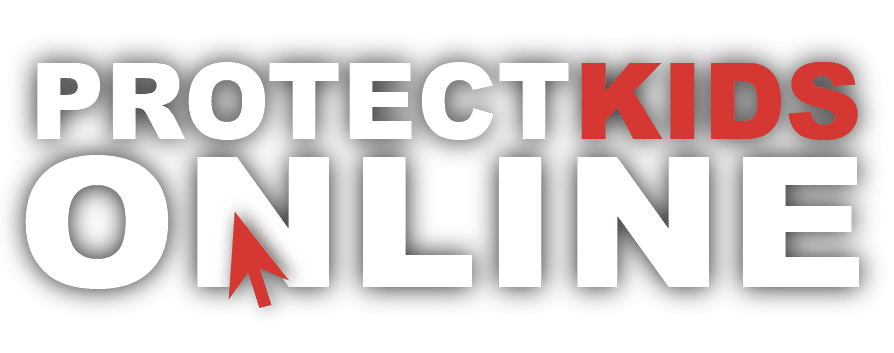Over the past several years, we have seen a surge of interest in protecting kids from online pornography, culminating with significant legislative successes in the states:
- In 2021, Utah passed a “device filters” bill that would require any tablet or smartphone sold or activated within the state to include a content filter (with a default of the filter being “on”) that would block pornography on that particular device. A provision in the bill mandates that five other states must pass similar legislation before the device filters requirement can take effect.
- In 2022 and 2023, a total of eight states, Louisiana, Utah, Virginia, Mississippi, Arkansas, Montana, Texas, and North Carolina, have passed age verification bills that would require pornography websites to verify the adult age of their users prior to distributing them sexually explicit content.
American Principles Project has taken the position of endorsing any and all legislation that advances the cause of protecting kids from online pornography. That includes the device filters legislation that has passed in Utah and has been introduced in a number of other states.
But there are some important advantages to the age verification approach. First and foremost, these bills are an easier political lift. The online pornography industry has few advocates willing to defend its interests. Meanwhile, Big Tech companies, streaming services, internet service providers, and device manufacturers have particularly powerful lobbies, and they have already demonstrated the ability in some states to stop device filters legislation from passing into law.
Second, age verification laws place a burden directly on those who actively distribute online pornography, rather than on those who facilitate distribution merely by providing access to the Internet. While our organization agrees that anyone involved in facilitating the distribution of pornography to minors should have a duty of care to prevent that from happening, it certainly makes sense from a political order of operations standpoint to go after the source of that pornography first.
Third, the laws have done well so far under the inevitable legal scrutiny they will face. Earlier this year, a U.S. District Court judge threw out a legal challenge to Utah’s age verification law. Another U.S. District Court judge did the same thing for Louisiana’s law. And while a federal judge in Texas did issue an injunction to stop implementation of Texas’ age verification law, the 5th Circuit Court of Appeals stayed the injunction while expediting the appeals process, allowing the bill to temporarily go into effect.
And finally, we know that these age verification laws are starting to change the behavior of pornography websites – at least in part. Pornhub, one of the most trafficked pornography websites in the United States, has implemented Louisiana’s state ID requirement, but has pulled out of Virginia, Arkansas, Mississippi, and Utah altogether rather than comply with the law in those states. Other porn websites have reportedly implemented some forms of age verification in Virginia. But that’s not to say the laws are perfect in their current form.

